Did You Know…that artichokes can help protect you from liver disease, a major problem in the U.S.?
According to the American Liver Foundation, 1 in every 10 Americans has some form of liver disease, such as hepatitis C, non-alcoholic fatty liver disease (NAFLD), and liver cancer.
Liver failure can result from overuse of acetaminophen (Tylenol), alcohol abuse, pharmaceutical drug contraindications, and cleaning products, among other causes. If caught early enough, certain types of liver disease/failure can be cured, but in order to reverse the symptoms, lifestyle and dietary changes need to be made.
Adding more artichoke to your diet (or supplementing with artichoke extract) is an old-age technique for healing a damaged liver and protecting against further damage.
An Ancient Antioxidant Gold Mine
Originally hailing from Ethiopia, the artichoke is one of the oldest cultivated plants and enjoys a long history of medicinal use. In 16th century Europe, the artichoke was celebrated as a “noble” vegetable only to be consumed by the royal and rich. By the 18th century, European doctors were prescribing artichoke extract as a tonic for liver troubles. A member of the milk thistle family, this fibrous green vegetable is an antioxidant wellspring featuring high concentrations of:
- Folic acid
- Vitamin C
- Vitamin B
- Quercetin
- Rutin
- Anthocyanins
- Cooper
- Iron
- Potassium
It is also rich in silymarin and cynarin, two phenolic compounds that may accelerate liver cell regeneration. Cynarin has also been shown to increase bile secretion. If you have too little bile in your liver, and if it isn’t sufficiently transported to your gall bladder, then your risk for liver disease rises exponentially.
The antioxidant compounds in artichokes have also been shown to decrease LDL “bad” cholesterol levels and raise HDL “good” cholesterol levels. Overall, artichokes help…
Increase bile production
Optimize gallbladder function
Improve digestion
Protect the liver from toxins, carcinogens, and environmental pollutants
Where’s the Proof?
Since plants can’t be patented and profited from, there is a dearth in clinical studies on the liver-protective benefits of artichokes, but here are a few standouts:
In 2010, the journal Biological Trace Element Research published a study that showed artichoke leaf extract significantly lowered fat and cholesterol levels in the liver.
In 2008, the journal Experimental and Toxicologic Pathology published a study that found that artichoke extract could help prevent liver damage. When dispensed prior to exposure to a known liver toxin, artichoke extract protected the liver from harm.
In 2008, the journal Nutrition and Cancer published an Italian study affirming artichoke extract’s protective benefits against liver disease. The extract exhibited a high antioxidant effect capable of preventing damage to liver cells and also inhibiting liver cancer in human liver cells.
Artichoke 101
According to oxygen radical absorbance capacity (ORAC) measurements, artichokes are 9 times more healthful than vitamin C alone! But not all artichokes measure up! Commercially cultivated artichokes are contaminated by pesticides, which further damage the liver and negate the plant’s benefits.
Experts advise that you eat organic artichokes only. Marinated artichokes are often loaded with salt and unnecessary oils, so consume according to your dietary needs. Keep it simple with a freshly steamed artichoke dressed with some melted, organic butter from pasture-raised dairy cows.
By Danica Collins


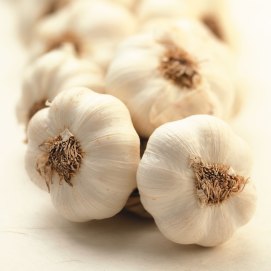

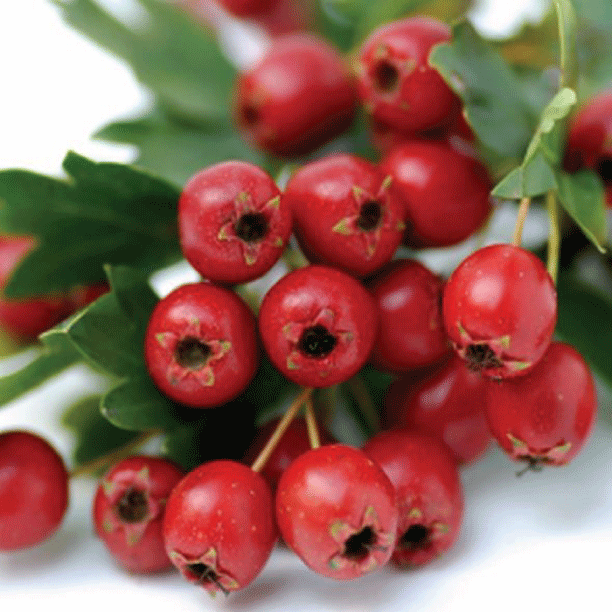









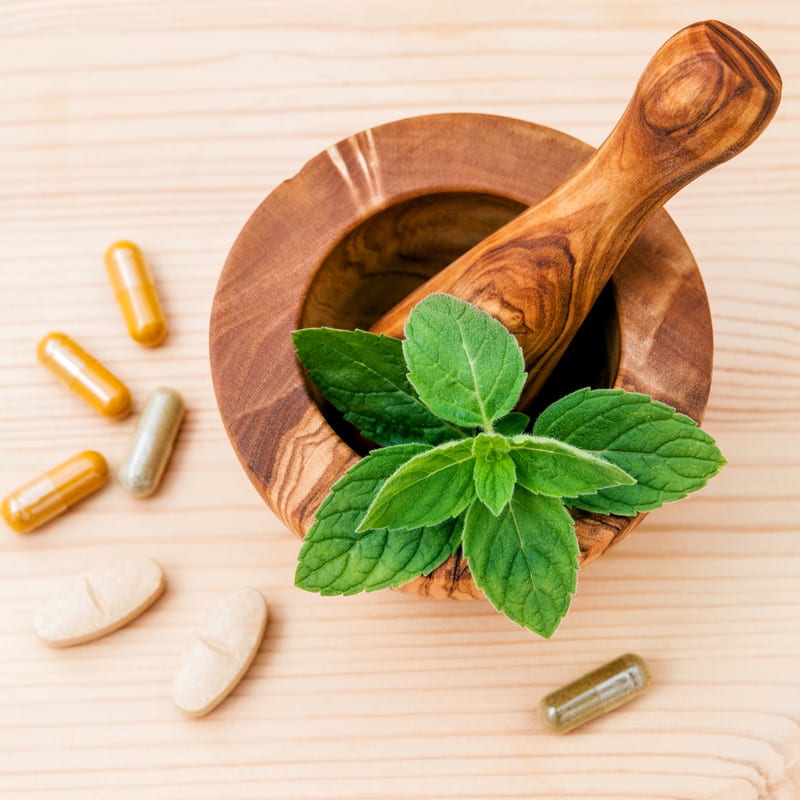

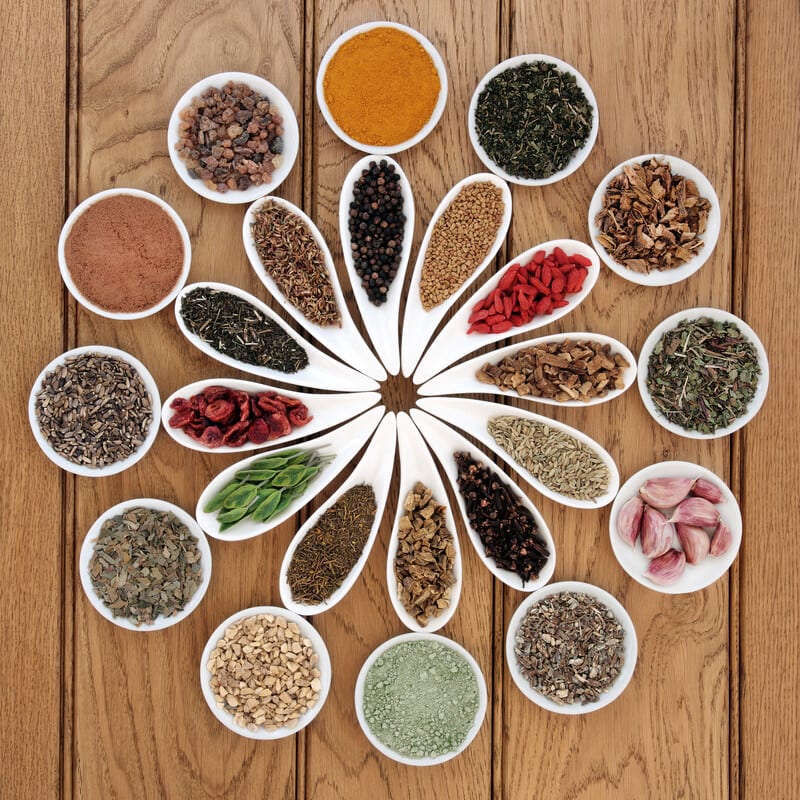



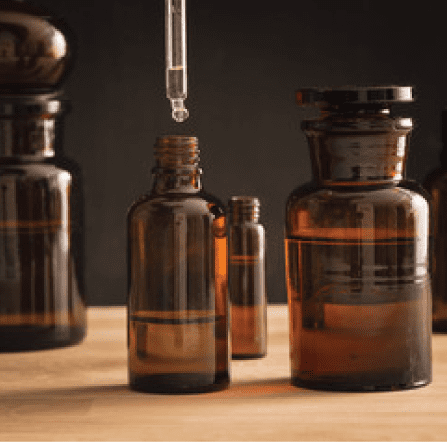

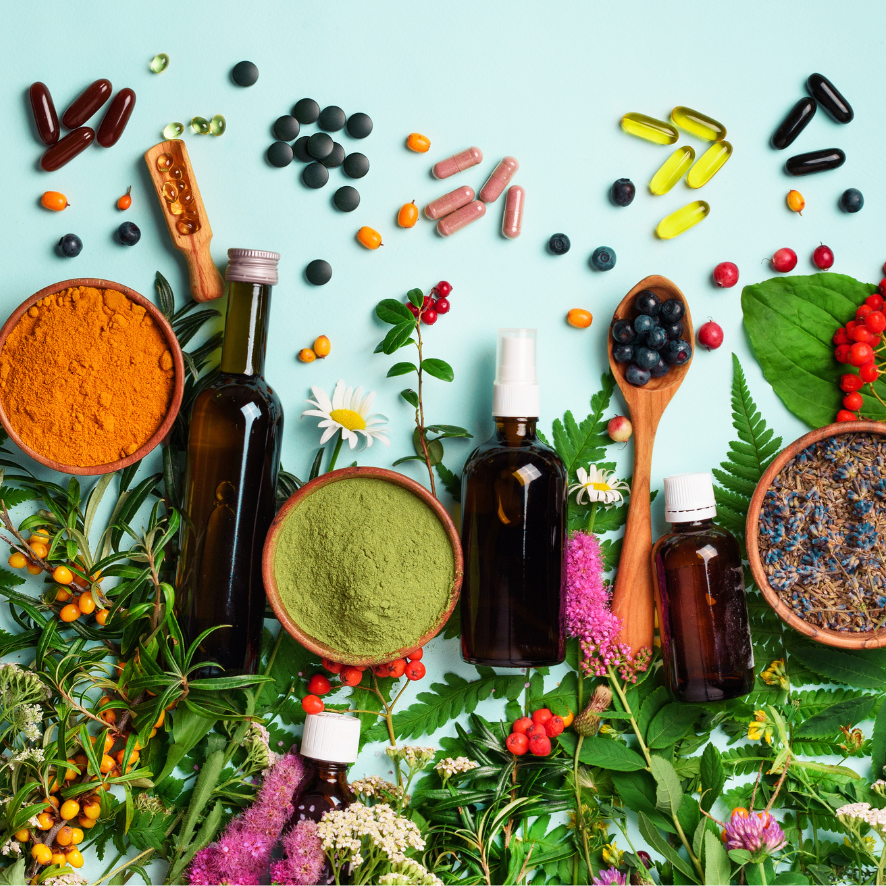

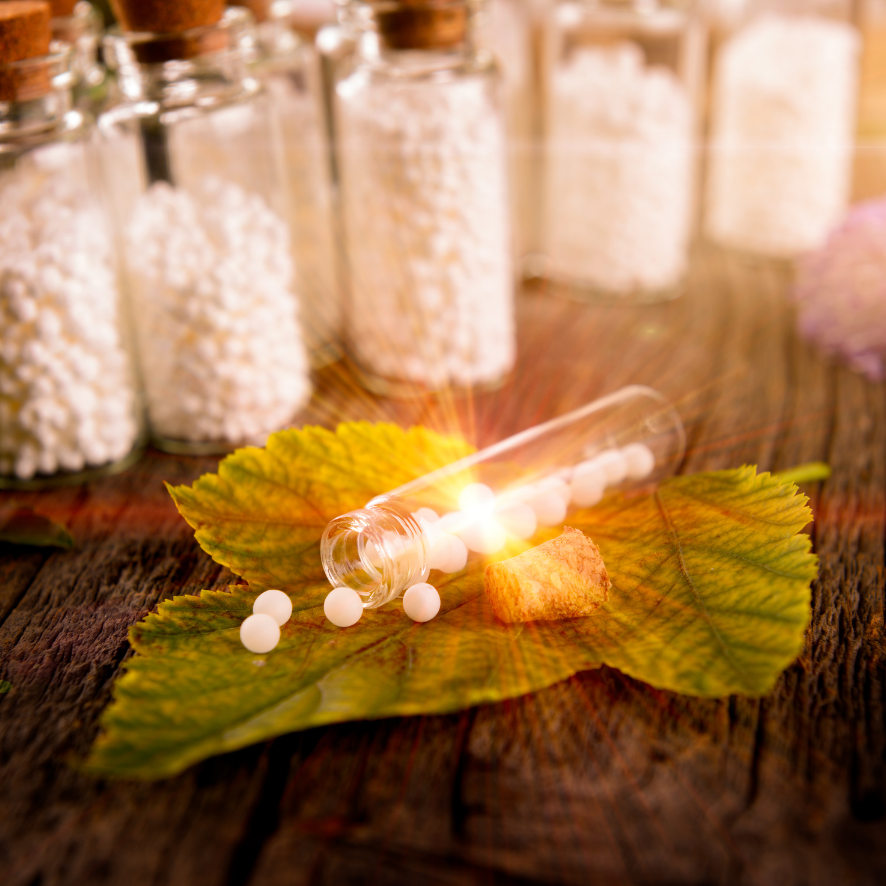

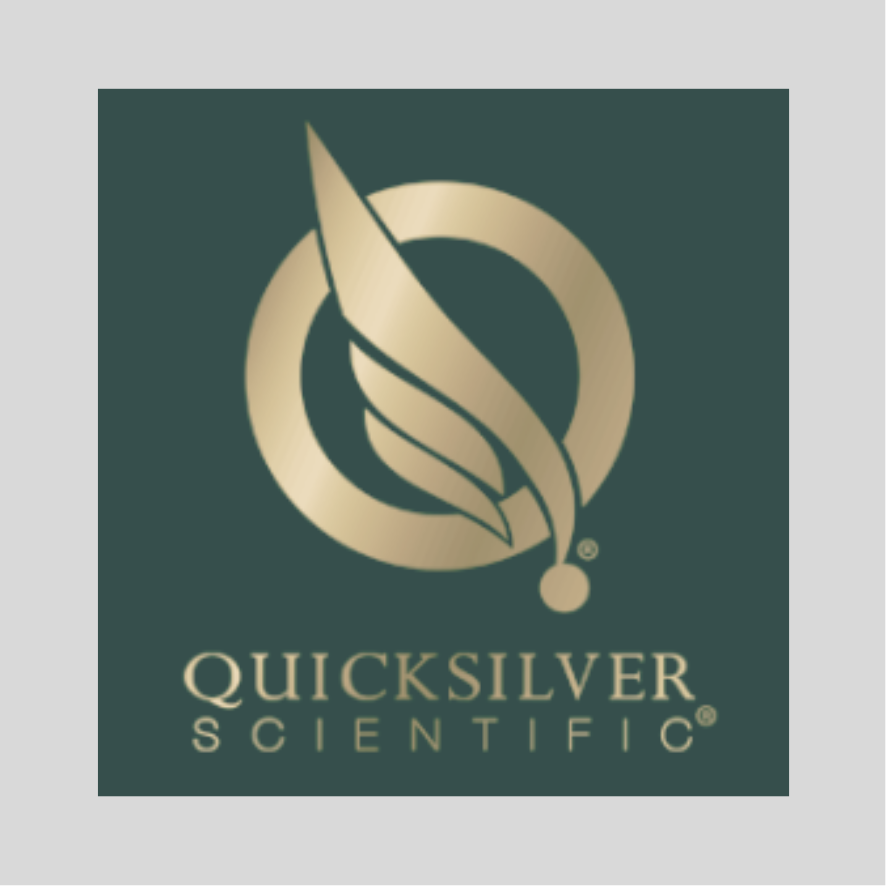

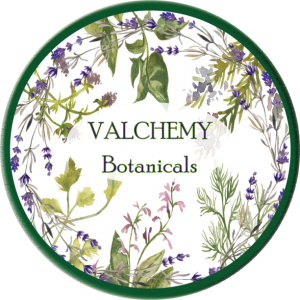

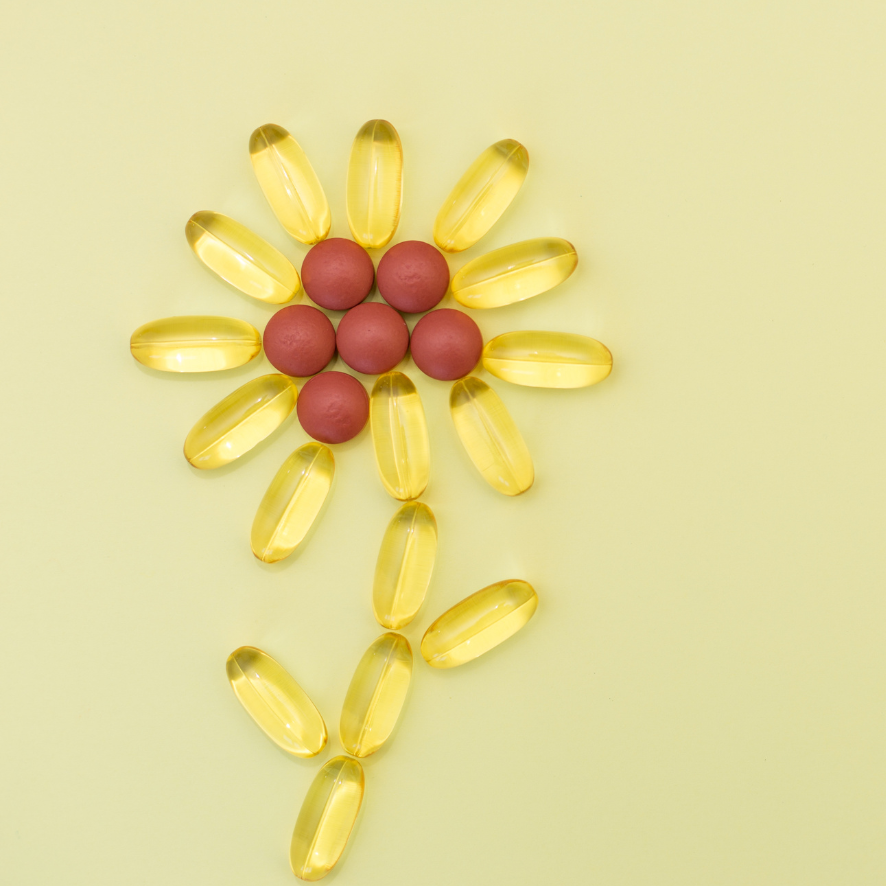


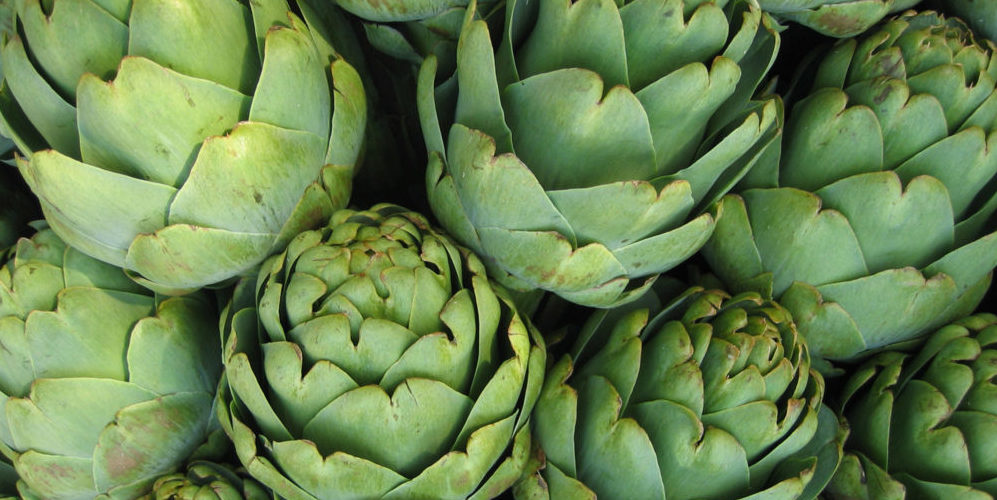











That is the place artichokes come in. Since they can enable you to make more bile, you may have the capacity to bring down your cholesterol by eating them. An investigation in Germany demonstrated that taking artichoke separate for a month and a half caused LDL cholesterol, the terrible kind, to fall by more than 22 percent. As an extra, artichokes may likewise have the capacity to hinder some new cholesterol from forming in your liver.
Brilliant Ella! Thank you for your reply. My grandmother used to make them all the time and she lived to be 104 🙂